Japanese tattooing, or irezumi, is a unique and deeply symbolic art form that captivates and draws attention. In the world of tattooing, there are artists whose work transcends mere craft, becoming true works of art. One such artist is Horikaka, also known as Choi Jun. Born in Busan, South Korea, and now working in Seoul, he has dedicated his life to the traditional Japanese style of irezumi.
Since 2015, Horikaka has been actively participating in international festivals, where his art has received high praise and numerous awards. His works are distinguished by vibrant, rich colors and intricate execution, leaving no one indifferent, whether professionals or tattoo enthusiasts.
In this interview, Horikaka shares his extensive experience and knowledge of traditional Japanese tattooing, talks about what drew him to this art form, and how he combines ancient traditions with modern techniques. Join us to learn more about the life and work of one of the leading masters of traditional irezumi.
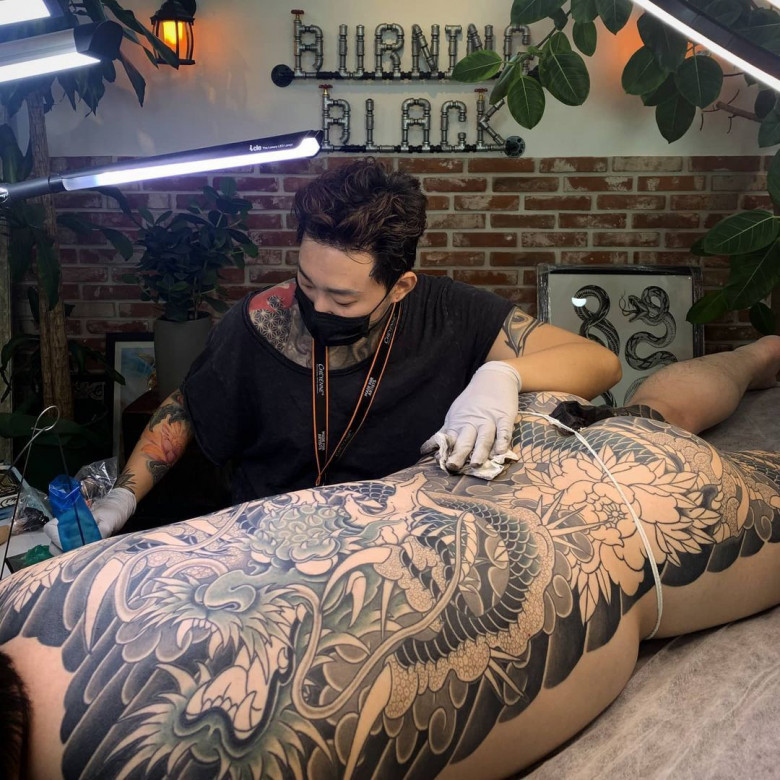
Let's start with introductions. Where are you from, and where do you currently work and schedule appointments?
- Hello. I am Horikaka, specializing in the traditional Japanese style of tattooing. I was born in Busan, South Korea, which is closest to Japan. Currently, I work and schedule appointments in Seoul, the capital city of South Korea.
Your artistic name, Horikaka, indicates that you were a disciple of a renowned master. If it's not a secret, who was that master?
- Firstly, one of the misunderstandings many people have is about the name "Hori." This term originally came from Japan, where a tattoo artist is called "Horishi." Long ago, many Japanese tattooists worked in the Irezumi style. These artists often created their names by putting 'Hori' in front and their individual names behind. I adopted the name HoriKaka in this tradition. Simply put, in English, it can be considered as Tattooist Kaka's Japanese pronunciation. Although the name Hori can be inherited from a teacher, it can also be self-given. I created the name 'Hori' for myself when I started specializing in traditional Irezumi.
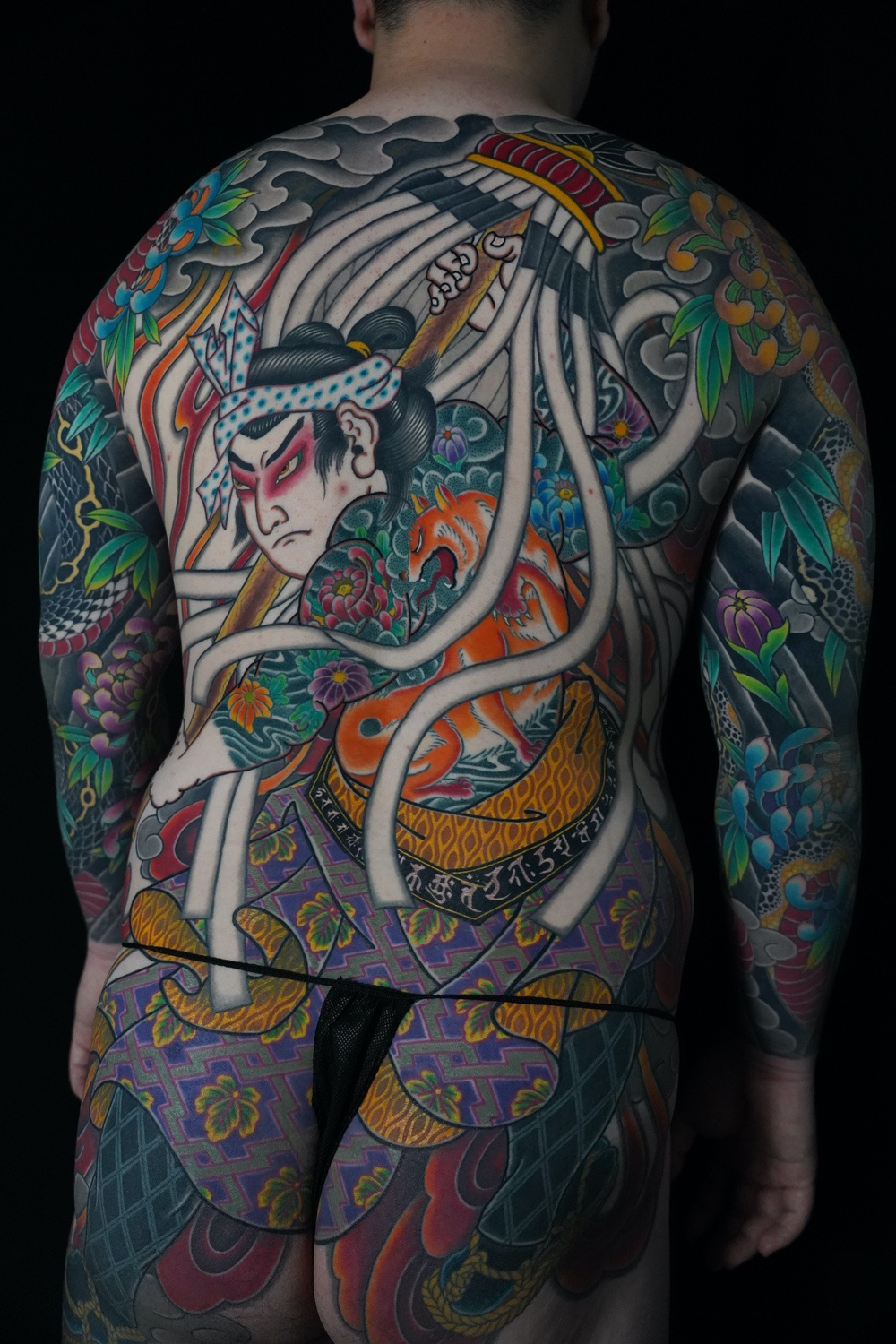
Is tattooing, for you, an art form, a profession, or something else?
- From my mid-to-late 20s to my 30s, I was solely focused on tattoos. I enjoyed tattooing so much that I didn't have any other hobbies; tattooing was my life at that time. Currently, there are few people who don't know me by the name "Horikaka," but many don't know my real name is Choi Jun. I am inseparable from tattooing. Tattooing is my life itself.
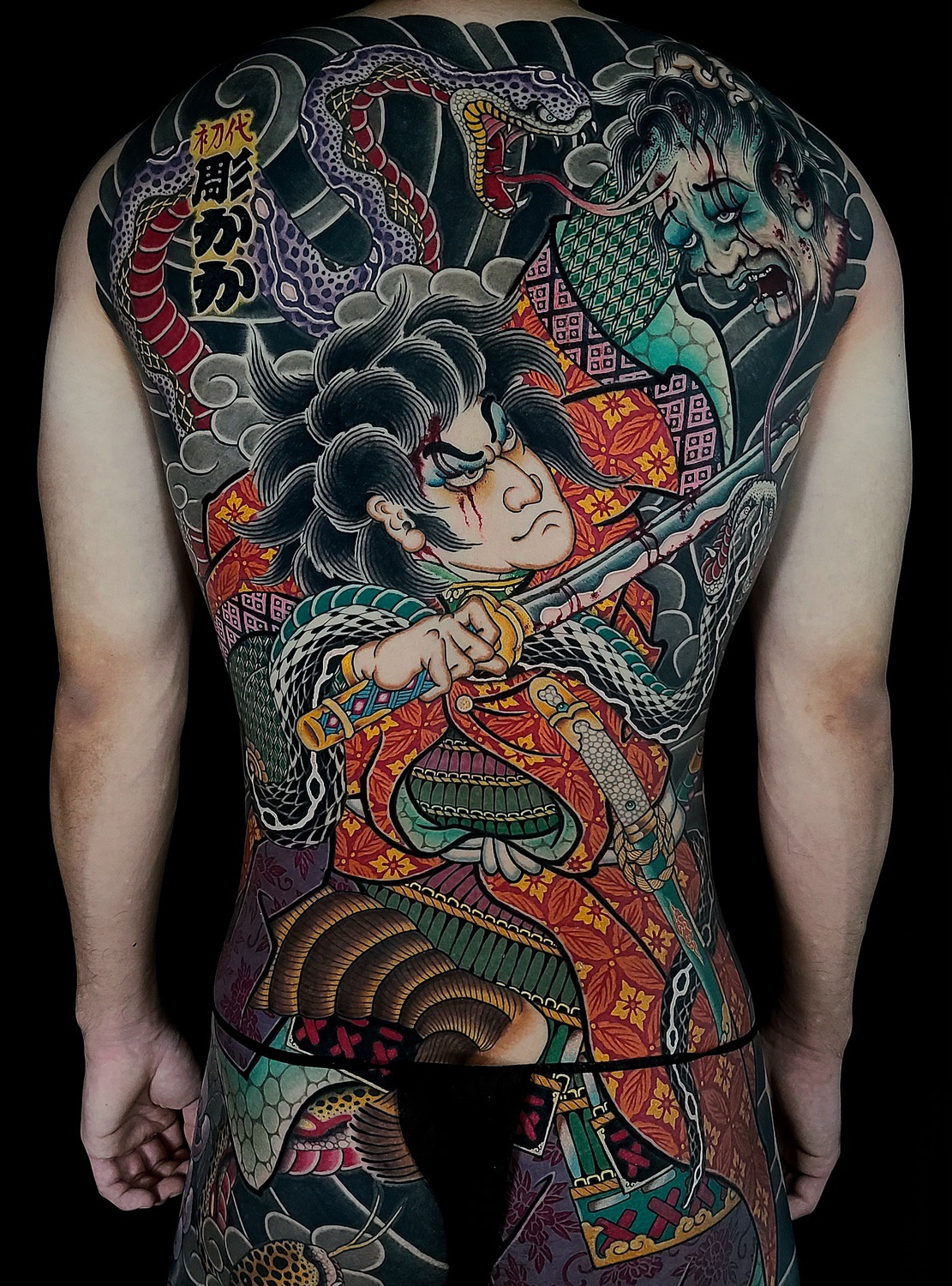
How, when, and what drew you to traditional Japanese tattooing?
- Compared to other styles, traditional Japanese Irezumi has a more powerful presence. When I first saw Irezumi in a public bathhouse as a child, the power generated from a simple painting without perspective was enough to make me want to be a tattooist.
Your vibrant and solid colors in tattoos evoke genuine delight when looking at your portfolio. Which direction of Japanese tattooing do you enjoy the most?
- I think when people see traditional Japanese Irezumi, they should be overwhelmed within three seconds. First, when looking at my work from 10 meters away, it is important to clarify the theme. Afterwards, when viewing my work from a distance of nearly 10 cm, I focus on creating intricate details.
What is the most important aspect of tattooing for you?
- The first priority in tattooing is mutual respect between the client and me. Tattooing is not just about drawing on a piece of paper by myself. My clients like my drawings, so they entrust me with a part of their body for a tattoo that will last a lifetime. Traditional Irezumi requires facing customers over a long period. To overcome many promises and pain, good works can only be created when mutual respect and trust are sustained.
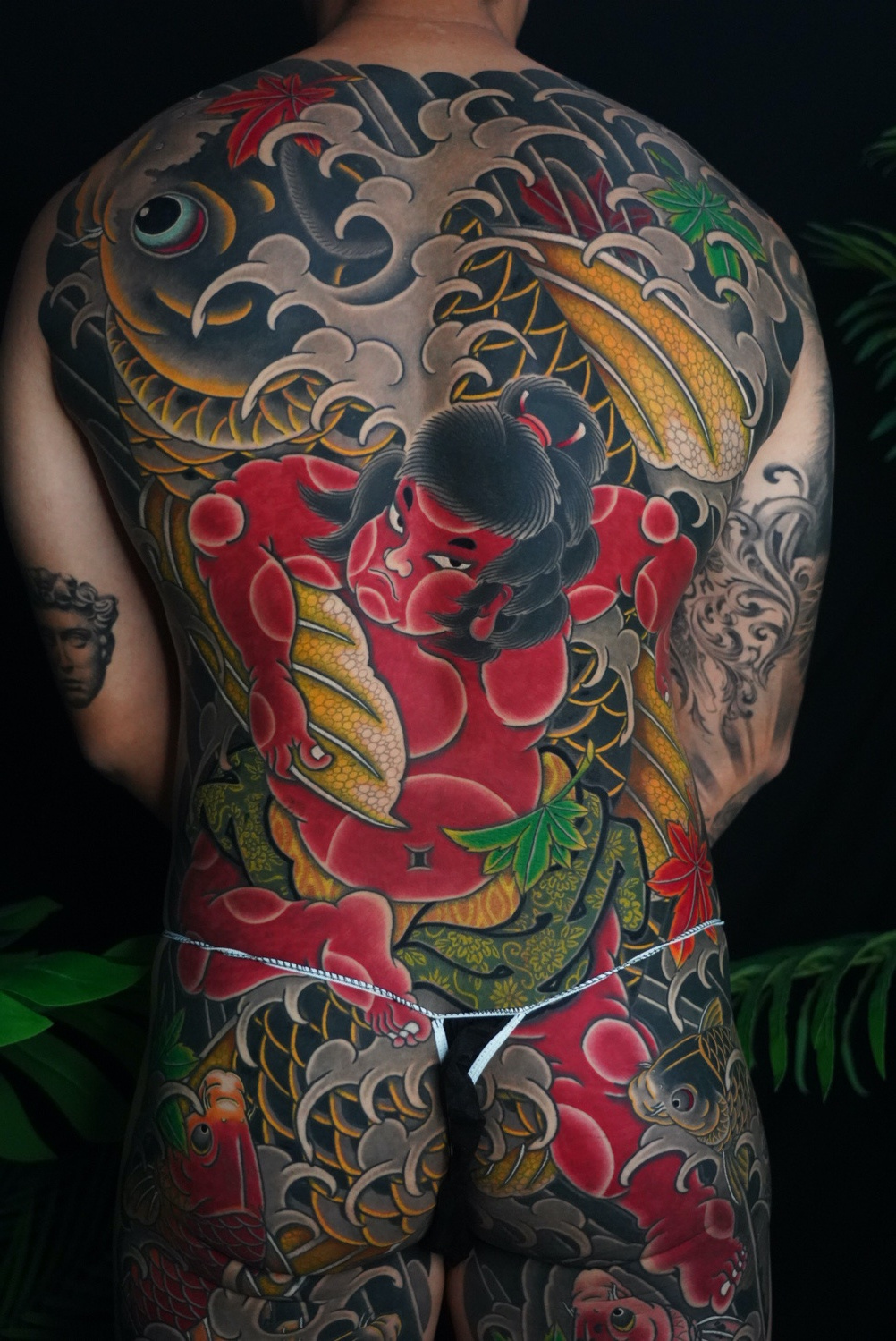
Japanese tattooing is a living classic. Why do you think it remains timeless and continues to attract new people?
- There is an idiom in South Korea called 溫故知新, which means 'you must first completely master the old and then learn the new based on it.' I think the current tradition of Irezumi is very attractive because it maintains the style of the classics while gradually incorporating new technologies.
Do you travel extensively for work? Where have you been, and who have you had the opportunity to work with? Can you share a particularly significant experience?
- When I leave South Korea to work overseas, I experience new things. The tendencies and ideas of people in each country or city are different, and the requests made by customers to me are different from those in South Korea. Sometimes, some requests can be embarrassing as they are unfulfilled requests that I cannot receive in South Korea. But when I solve these requests, I feel like I am taking it to the next level. In other words, the customers' demanding requests push me to improve. I seem to enjoy solving them.
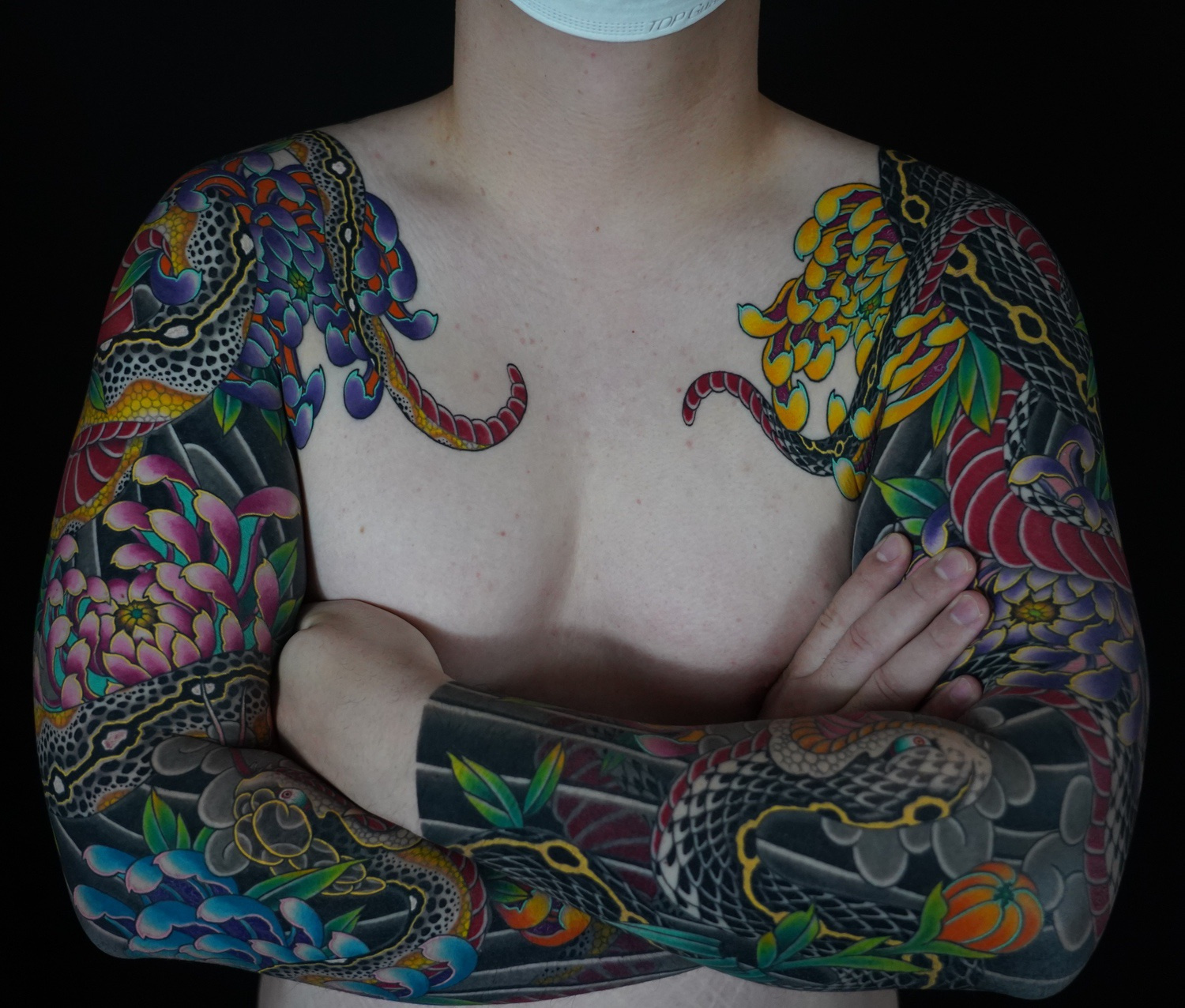
In your opinion, where is traditional tattooing most popular and why?
- Japan, the hometown of traditional Irezumi, is the most popular, indubitably. But traditional Irezumi is also very popular in Korea. However, due to differences in perception and culture of tattoos, I have recently noticed an increasing demand for Irezumi in Taiwan and Vietnam. When I attended a recent tattoo convention and guest work, I clearly saw that Irezumi is very popular in Taiwan and Vietnam.
Do you have favorite tattoos, clients, projects, or perhaps some unusual stories in your career?
- If you look at my work, you will see that I use very colorful colors and put a lot of details compared to other traditional artists. But, to tell you the truth, I prefer simple designs and do not like to add many colors. When I consult with clients, if they ask for recommendations, I suggest simpler designs. However, most clients have seen my portfolio and want detailed, intricate work. What I pursue is a little different from what my clients want. Although it may be ironic, I'm doing what I'm better at, rather than what I personally pursue.
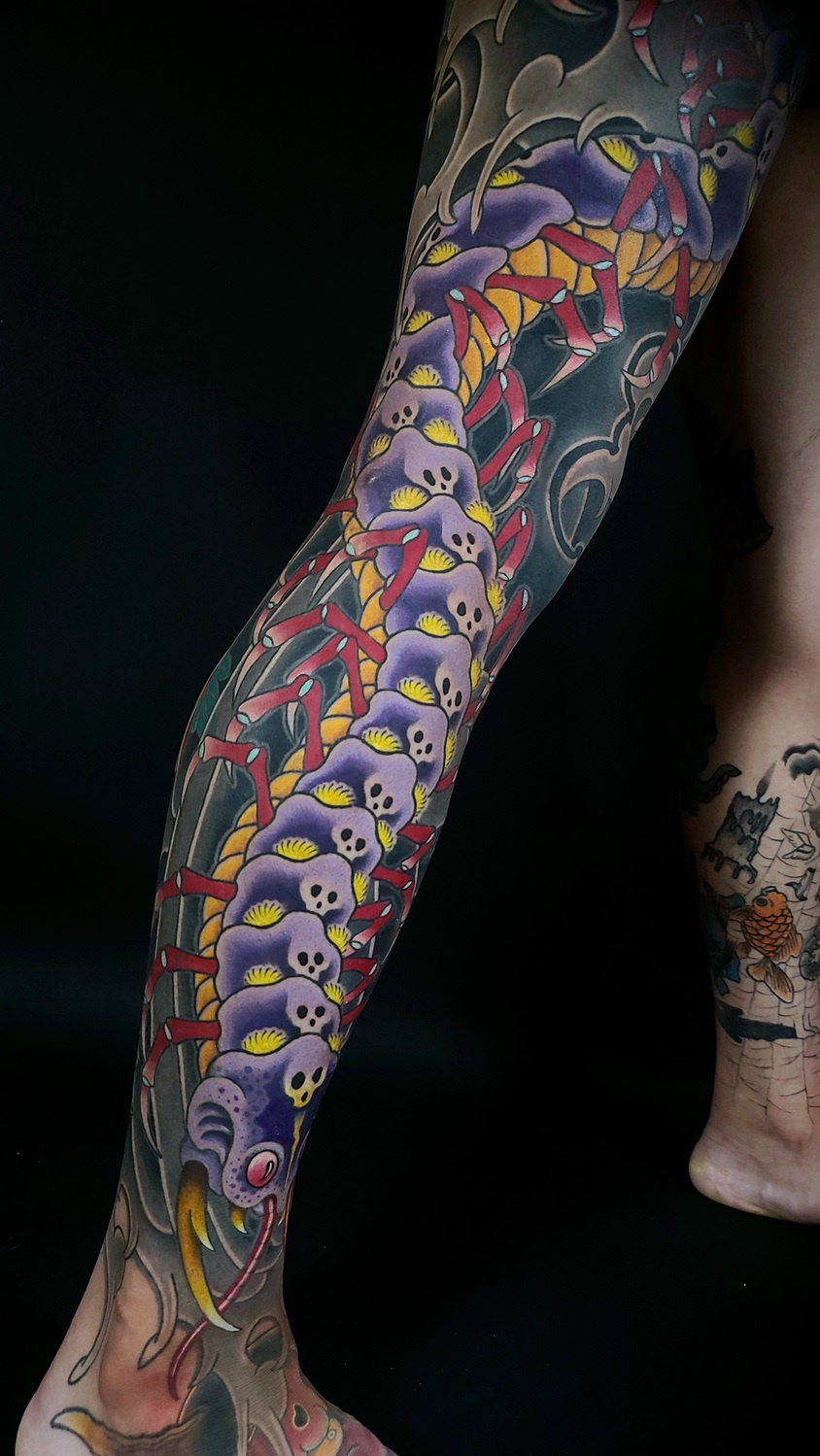
We've seen you at many conventions and even as a judge. Which ones have been the most significant for you, and why? How many awards have you received?
- I won the Newcomer Award at my first tattoo convention in 2015. The following year, in 2016, I was fortunate enough to win the championship (Grand Prix) at the Kaohsiung Tattoo Convention in Taiwan. My life goal was to win the championship from the moment I started tattooing. After achieving this goal, I did not participate in contests at other conventions. Now, my new dream is for my disciples to participate in competitions and win championships. My goal now is to cultivate students who are better than me.
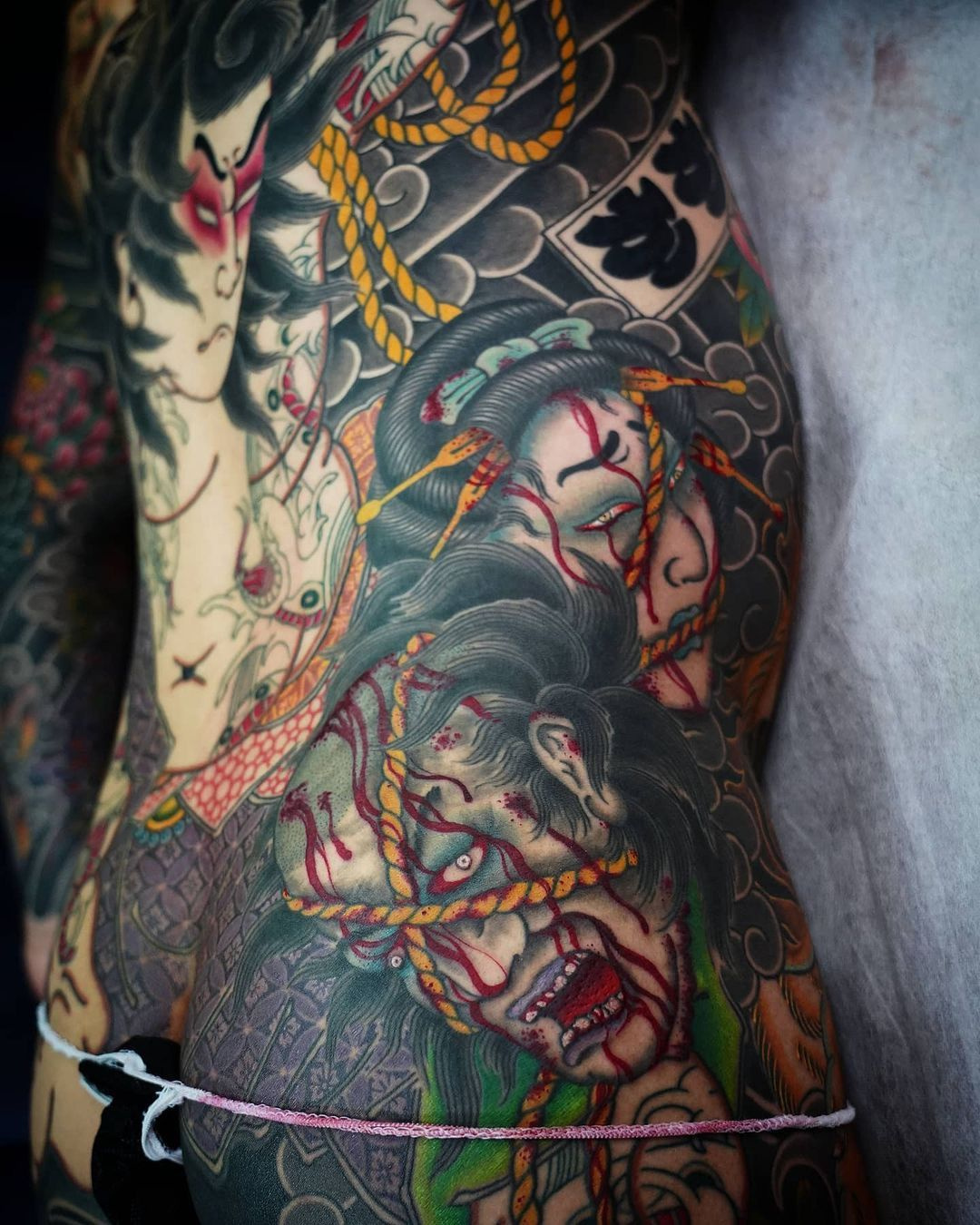
What do you find most challenging about judging at conventions?
- If the judging criteria are clear, it is not too difficult. I don't award points just because the lines are clean or the colors are soft. I prefer to look at the overall composition and size, seeing the power in the painting. When I look at various works, the power of the painting stands out. I vote for such works.
Lastly, we know you are sponsored by some of the most renowned brands in the tattoo industry. What does this mean to you, and what benefits does this collaboration bring to you as a tattoo artist?
- It is a great honor to be sponsored by my favorite tattoo supply brands. It feels like my work has been recognized. By promoting the products I like, we create a good synergy together. Recently, I participated in the EZ factory with a professional team of around 20 EZ tattoo artists. We visited a factory that produces needles and tattoo machines, experiencing firsthand how the products are made. It was a very beneficial period, giving me a better understanding of the devices I use. Most of us were artists from different countries who had never met before, but being on the same EZ professional team helped us bond easily. We shared skills and good information, making it a memorable and happy time for me. Becoming part of a professional team is very beneficial and an opportunity for me to develop faster.
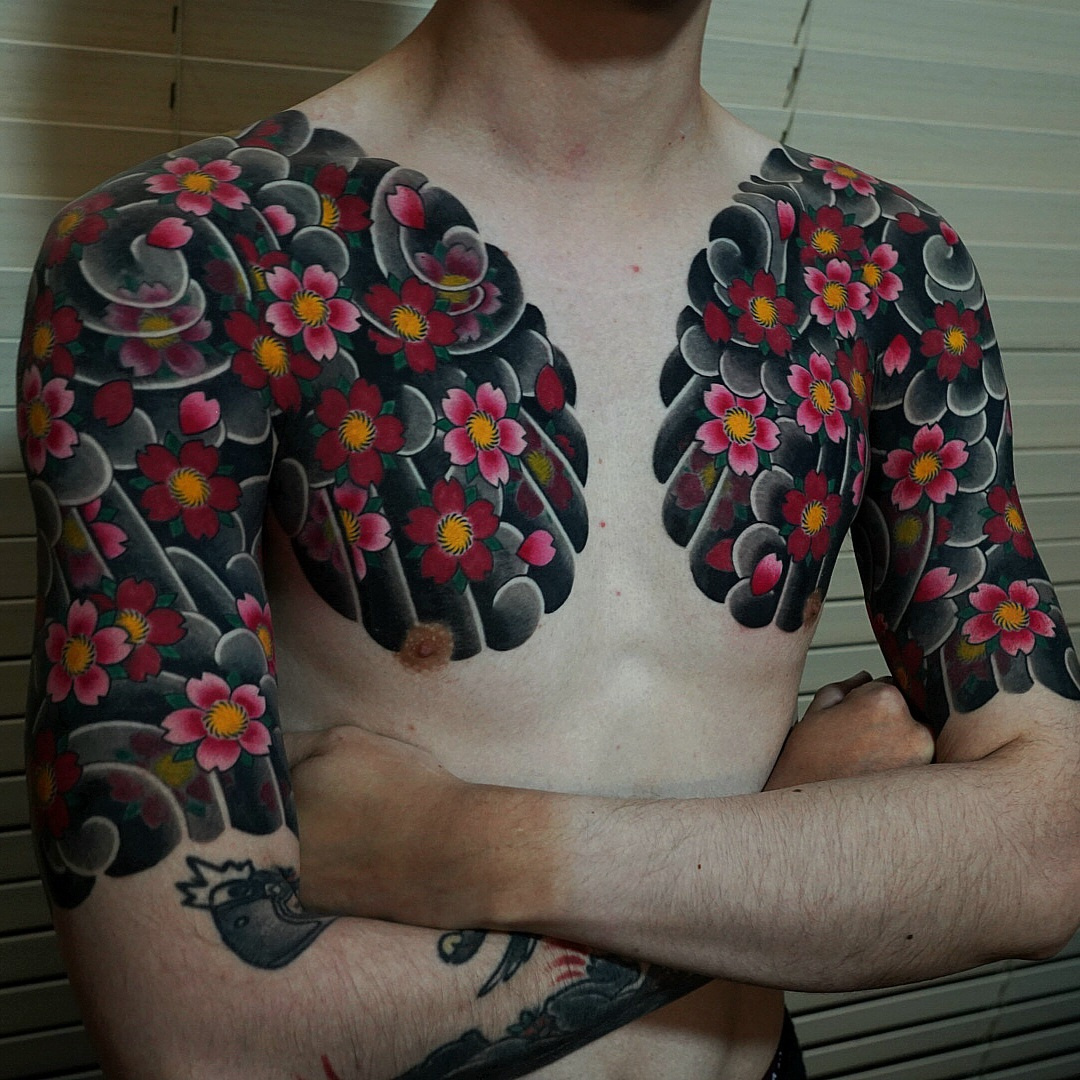
Many successful tattoo artists aim to share their knowledge and experience. Do you engage in such activities, and if so, who benefits from them?
- When I participated as a judge at the Korean Tattoo Convention in 2023, I held a seminar on traditional etiquette rules. Most of the people who attended the seminar were beginners who are currently working as tattoo artists or want to become traditional Irezumi artists. Compared to other styles, traditional Irezumi has many strict rules. Even artists who have been tattooing for a long time often don't know about some Irezumi rules. The reason why I share these rules is because I do not want this art form to develop in the wrong direction.
What do you find most fulfilling about being a tattoo artist?
- Traditional Irezumi often involves large projects, most of which take more than a year to complete. The sense of achievement when finishing such a large task is indescribable. I am doing what I am passionate about, and I am very satisfied that I can make a living from it. I have been doing this for 18 years and never get tired of it. I still have a lot of work I want to show, and I am always excited about the prospect of showcasing my work to more people. Seeing myself improve every year is also a great source of pleasure and satisfaction.
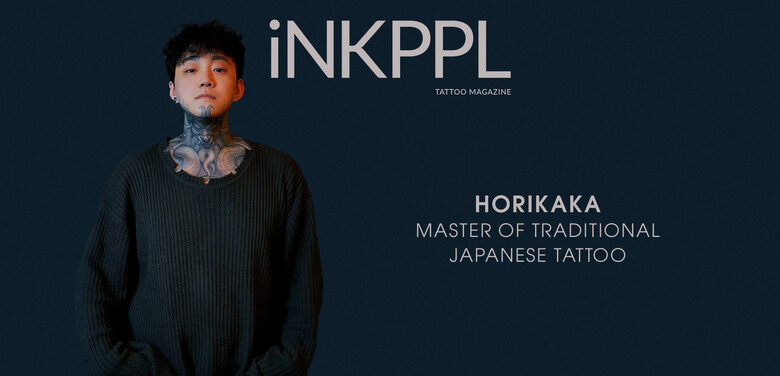





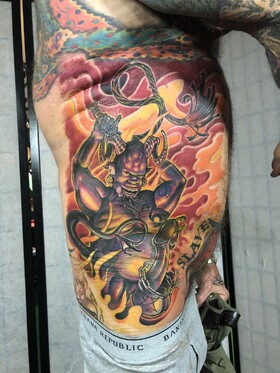
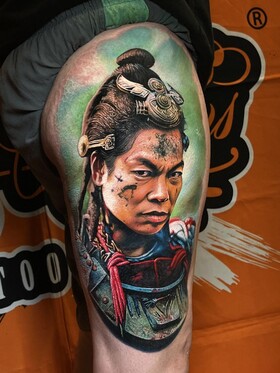
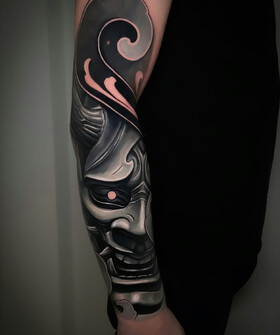
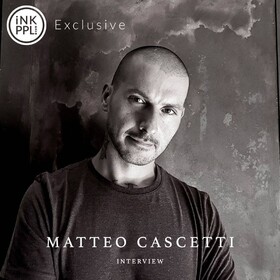

Comments (0)